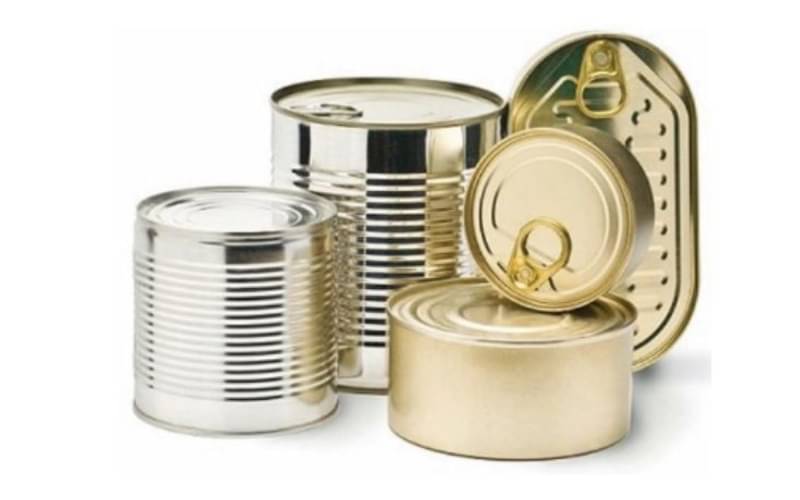Metal as packaging is a boon to the industry, says Venu Ayyar
Venu Ayyar of MCMA dictates his views and insights on the advantages of metal as a packaging material, and how it is back in demand due to the post-Covid retaliation.
05 Dec 2023 | By Venu Ayyar
Metal packaging comprises two types; tinplate and aluminium containers. Aluminium containers are mainly used for aerated beverages and aerosols. Tinplate containers are used mainly for food packaging, paints, pesticides, lubricants, aerosols and many more.
When we talk about food products, there are many items that can be packed and stored in tinplate containers; like baby food powder, fruit juices, ready to drink beverages, sweets, chocolates, tea and coffee powder, among others. Fish, meat, and fresh vegetables, when packed in metal containers can be preserved without refrigeration for many days, as the metal does not allow any contamination with food.
Also cooked food can be preserved in metal cans without loss of aroma and flavour of the spices. Food can be packed in metal containers without adding preservatives. Metal and glass are suitable packaging materials for food, but metal is superior to glass in terms of transportation and refrigeration. The quality of printing on metal is also superior to other packaging materials, with high gloss, and no contamination of ink with the food product inside.
Food manufacturers opt for other packaging materials apart from metal, since the metal is expensive, particularly the cost of tinplate. But the advantages offered by tinplate win it over other materials.
Some of the issues that Indian tinplate packaging is facing today, started with the Government of India imposing anti-dumping duty on tinplate and tin-free steel in 2020. At that time, the demand supply gap was substantial. To overcome the shortage of tinplate, some companies used to import tinplate. Traders and importers kept importing to overcome the demand supply gap and they did very well.
The introduction of Quality Control Order (QCO) on tinplate, signifies that any material that is produced in India or imported should meet the standards of Bureau of Indian Standards. The global tin-manufacturing companies, selling in India have to register their units under BIS regulations.
We have only two manufacturers in India and they have capacity limitations. As a consequence, container manufacturers could not meet their customer’s container requirements. Mango pulp packaging was the biggest casualty in 2020-21. Both container manufacturers and mango processing units suffered huge financial losses. The trading community of tinplate importers and suppliers had to close their shops, with no material to import.
Initially, many food producers shifted to metal packaging, as food packed in metal containers had longer shelf life, even without refrigeration. Raw material shortages coupled with transportation issues, led to delays in metal container supplies. Customers then shifted to other packaging materials such as plastic laminates and containers, to meet the urgent demands. Now that things are settling down post-Covid, the business of tinplate packaging is gaining some of its lost ground.
Metal packaging is recyclable without losing any inherent property of metal. Tinplate manufacturers have started collecting some of the used containers and recycling them. Globally, metal recycling is almost 75-80%, and Indian manufacturers too recycle quite a lot now. Used tinplate containers can be reused multiple times for storage at homes and for other non-food applications. Further, recycled tinplate is used to produce office stationery, children’s pencil boxes, children’s toys, cycle and automotive parts.
Metal containers come in different shapes, sizes and designs with different unique forms and types of closures, which make them tamper evident and safe for storage and transportation. Closures are a very important part of any packaging system. In the case of metal packaging, some types of closures are unique to the products stored inside and shape of the container.
I will highlight details on closures in the next part.


